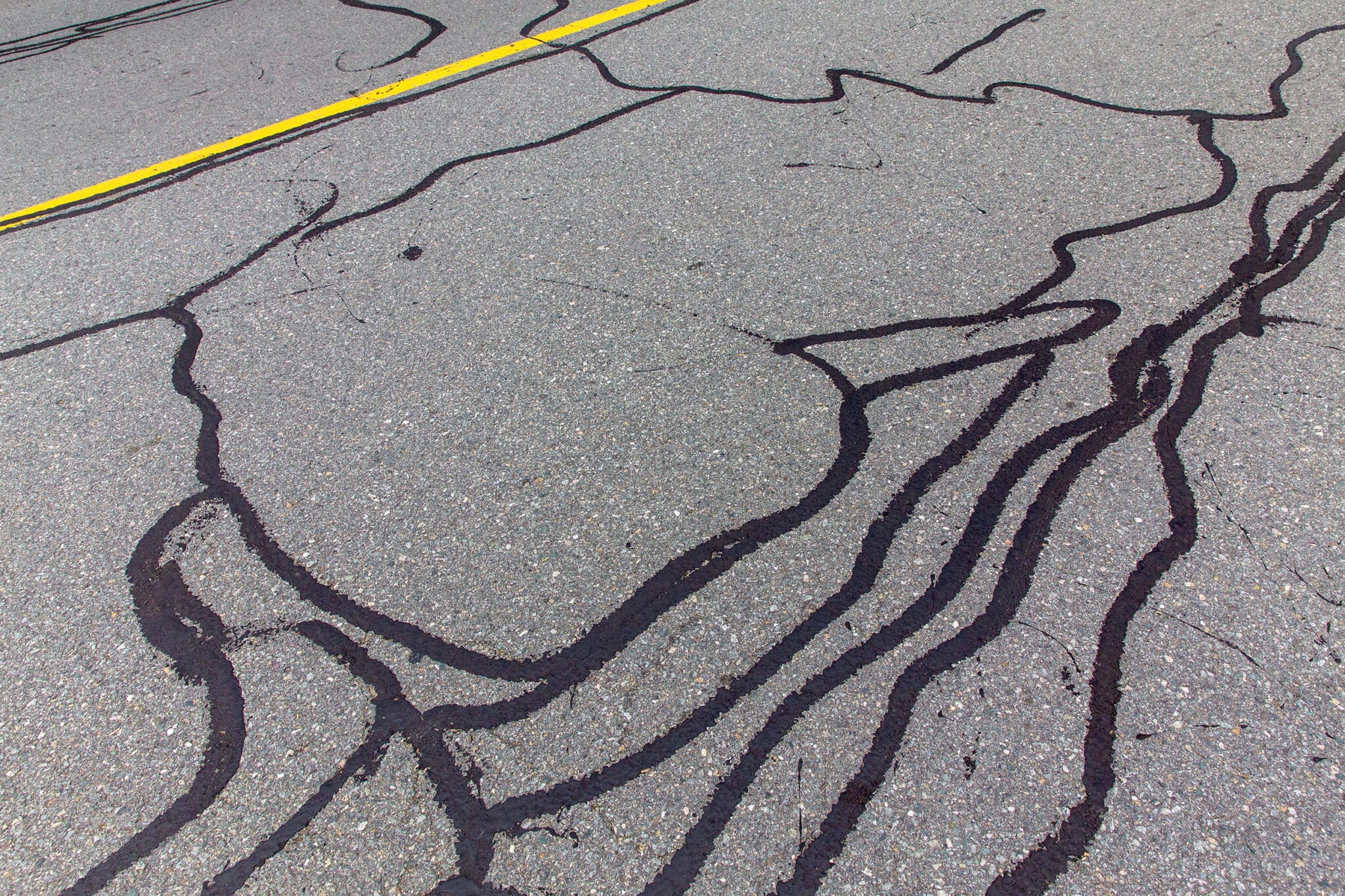Long-lasting Outcomes: Asphalt Patch Repair With Precision Sealing
Long-lasting Outcomes: Asphalt Patch Repair With Precision Sealing
Blog Article
Cold Mix Asphalt Vs. Hot Mix Asphalt: Which Is Right for You?

Composition Distinctions
Cold mix asphalt is created by emulsifying the asphalt binder with water and an emulsifying agent prior to mixing it with aggregate. The hot mix asphalt manufacturing procedure includes heating up the accumulation and asphalt binder individually before integrating them at the asphalt plant.
In addition, cool mix asphalt often tends to be much less thick and extra adaptable than warm mix asphalt. This adaptability makes it much better matched for locations with greater levels of movement, such as driveways or roads with hefty website traffic. In contrast, hot mix asphalt is recognized for its high resilience and resistance to rutting and breaking, making it a preferred choice for highways and high-traffic roads where longevity is essential.
Installation Process Differences
The process of setting up cold mix and warm mix asphalt shows noteworthy differences in their requirements and procedures. In comparison, warm mix asphalt requires a much more elaborate installation process. Due to the home heating requirements, hot mix asphalt installments are usually lugged out by experts with customized equipment, guaranteeing an extra structurally sound and irreversible outcome.
Durability and Long Life Factors
When thinking about asphalt alternatives, toughness and durability are important elements to assess for long lasting sidewalk efficiency. Hot mix asphalt (HMA) is recognized for its phenomenal longevity and durability.
In regards to long life, HMA usually exceeds CMA due to its superior stamina and resistance homes. HMA sidewalks have a longer life span, calling for less constant repair work and maintenance, which can convert to cost financial savings in the future. Furthermore, HMA pavements are extra quickly personalized to satisfy certain project needs, even more boosting their resilience.
Price Considerations
Taking into consideration the monetary effects is an essential facet when assessing the selection between hot mix asphalt (HMA) and chilly mix asphalt (CMA) for pavement jobs. While the first cost of hot mix asphalt is normally more than that of cold mix asphalt, HMA typically gives a more cost-efficient service in the future as a result of its superior longevity and durability. HMA is recognized for its capacity to withstand heavy website traffic loads and extreme this post weather, reducing check my reference the requirement for constant fixings and maintenance. On the other hand, cold mix asphalt is much more budget friendly in advance yet might require more frequent patching and resurfacing, resulting in higher maintenance expenses over time.
In addition to material prices, it's vital to think about the costs linked with installation and maintenance when contrasting HMA and CMA. Inevitably, the choice in between HMA and CMA ought to take right into account not just the preliminary expense yet likewise the long-term monetary effects to establish the most economical alternative for the particular sidewalk job.
Environmental Impact Contrast
Comparison of the ecological influences between warm mix asphalt (HMA) and cool mix asphalt (CMA) discloses unique distinctions in sustainability practices. HMA manufacturing needs high temperatures, leading to raised power intake and greenhouse gas discharges.
Additionally, using CMA typically includes recycling existing asphalt sidewalk, promoting resource preservation and reducing the quantity of waste sent out to land fills. This recycling facet further improves the sustainability of CMA contrasted to HMA. Overall, when taking into consideration the environmental influence, CMA becomes a much more eco lasting selection because of its lower energy requirements, lowered emissions, and the potential for recycling existing materials. By selecting CMA over HMA, roadway building and construction projects can add positively to ecological preservation initiatives.
Verdict
In conclusion, the option between cold mix asphalt (CMA) and hot mix asphalt (HMA) relies on different factors such as structure, installment process, durability, long life, cost, and environmental impact. angle parking. While CMA uses visit a cost-efficient and quick service for minor fixings, HMA ensures exceptional longevity and longevity for hefty traffic areas. Take into consideration these factors thoroughly to figure out which kind of asphalt is the right option for your paving needs

Thinking about the economic ramifications is an important facet when assessing the selection in between hot mix asphalt (HMA) and cool mix asphalt (CMA) for sidewalk projects. While the preliminary cost of warm mix asphalt is generally greater than that of cool mix asphalt, HMA typically gives an extra affordable option in the lengthy run due to its superior sturdiness and longevity. asphalt repair.Comparison of the environmental effects in between warm mix asphalt (HMA) and cool mix asphalt (CMA) reveals unique differences in sustainability techniques.In verdict, the choice in between chilly mix asphalt (CMA) and hot mix asphalt (HMA) depends on different elements such as structure, installment process, resilience, long life, cost, and environmental influence
Report this page